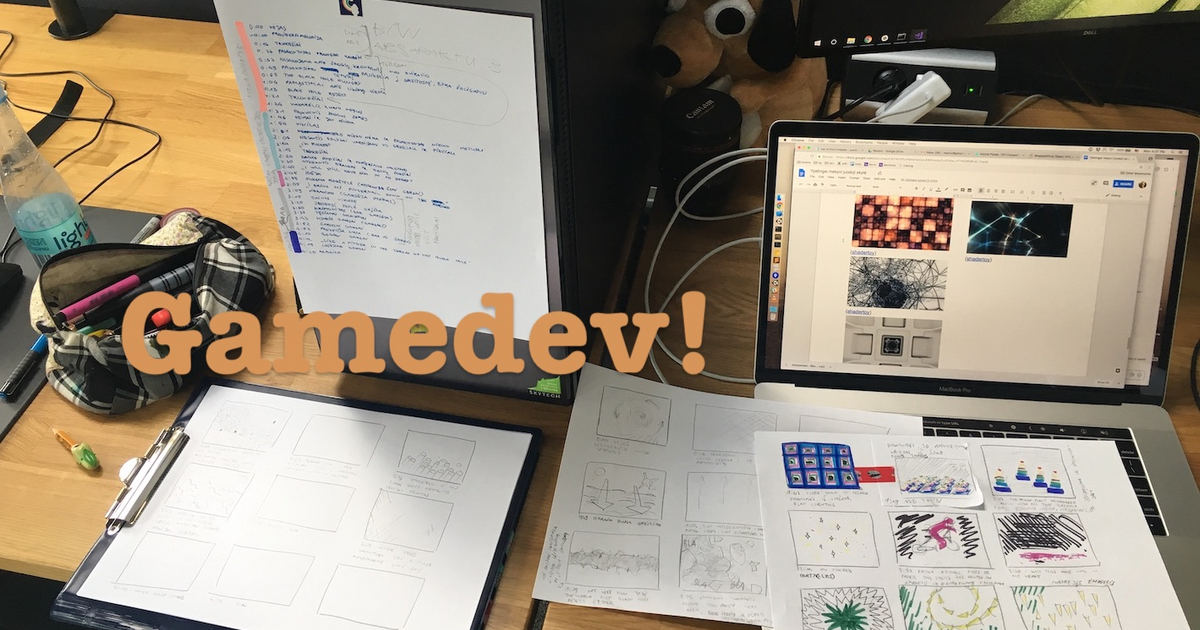In 2005, Google paid $50 million to a software engineer called Andy Rubin, together with his team for a dying phone company giving away their FREE software.
Critics called it the "dumbest acquisition ever."
Today, that "dumb decision" is worth over $500 BILLION and is the reason why you are holding a less expensive but quality phone that is not an iPhone
Here's how Google saw the future before anyone else: and built the world's most used mobile device - Android phones
It all started with a tiny company called Android Inc.
Founded by 4 top tech entrepreneurs and business executives, Led by Andy Rubin.
Their goal?
To create smarter mobile devices
that are more aware of their owner's location and preferences, and an operating system that is completely free & open-source.
Any manufacturer could use, modify, or make it their own. But at this time, this seemed insane.
Because the company was struggling financially:
No products.
No revenue.
Just 4 guys and a dream.
To make it worse, the mobile phone industry was locked down tight by software giants:
• Nokia controlled its software
• Microsoft charged for Windows Mobile
• BlackBerry kept everything in-house
The idea of giving away a free Mobile phone Operating system (OS) was Laughable.
But Google, just as they saw the future of YouTube, saw something much bigger - Mobile phones would become the primary way people access the internet. With that google search engine will be irresistible
They weren't buying software.
They were buying the future of computing.
To protect their search engine business, they pushed to buy
This was the real threat:
If Microsoft or Nokia dominated mobile, they could:
• Block Google Search
• Push their own services
• Control the future of digital advertising
Google couldn't let that happen.
So they made their boldest move yet. Buy out the entire company, not just the product.
But they didn't just buy Android. They kept it open-source.
Why?
This was genius because they wanted:
• To give Phone makers free software,
• help Android developers get a free platform
• Help Users have more choices.
Result? Companies like Samsung, Huawei, HTC can distribute their Android devices freely
Everyone won...
Except Google's competitors. 
Blackberry
Nokia
Microsoft
Because within 10 years of Android's free open-source purchase, their company was gone.
wondering why you have not seen them again today.
Cos' everyone prefers an open-source free phone where you don't have to pay for anything after the initial purchase.
That's the masterstroke
In 2008, the first Android phone was launched;
The HTC Dream (T-Mobile G1)
It wasn't pretty.
It wasn't smooth.
But it was the beginning of a revolution...
Because Google did something unprecedented:
They gave manufacturers complete freedom:
• Change the interface
• Add new features
• Customize everything
This sparked an explosion of innovation...
Companies like Samsung, HTC, LG, and others could now compete with Apple without building an OS from scratch.
The result?
Android powers 71% of all smartphones worldwide.
That's billions of devices running Google's software.
But here's what makes this truly genius:
In everything Google builds, it always finds a way to monetize.
How does Google make money from its $50 million investment?
The truth is, Google doesn't make money from Android directly.
Instead, they make money from:
• Play Store fees
• Google Search
• Digital advertising
• User data
The platform is free, but the ecosystem is priceless.
This $50M bet didn't just transform mobile.
It transformed how we:
• Connect
• Shop
• Work
• Live
The lesson?
Sometimes the biggest opportunities look like the riskiest bets.
Google's Android gamble teaches us:
The best investments aren't about what something is today.
They're about what something could become tomorrow.
And sometimes, giving away value is the best way to capture it.
Source FB







